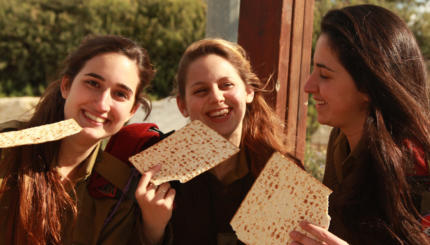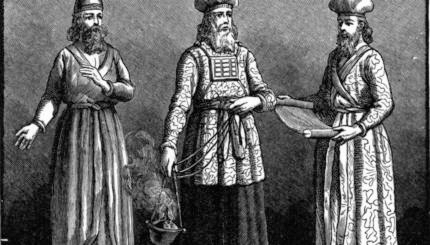Rabbi Shimon Felix
Princely Gifts
The princes' gifts to the Tabernacle illustrate important principles of leadership and methods of balancing personal and communal needs.
The Omer Period — Time As Text
Our changing observance of the period between Passover and Shavuot reflects our sensitivity to the realities of our history.
Responding Swiftly To Need
Charity is rooted in our understanding that those who need our help are indeed our brothers.
The Sanctity Of Elemental Relationships
The juxtaposition of laws about the high priest on Yom Kippur, forbidden sexual relationships and laws about blood teach the sanctity of basic parts of life.
Kosher For Passover And All Year Round
The prohibition against leavened bread for most Temple grain offerings imbues the Temple with the spirit of freedom all year round.
The Time And Place For Spontaneity
The deaths of Nadav and Avihu, Aaron's sons, teach us the value and also danger of spontaneous religious expression.
The Fine Distinction Between Loving and Casual Relationships
The small aleph in the opening word of Vayikra alerts us to the subtle but significant differences between intentional, loving relationships with God, and accidental, casual ones.
Multiplicity Of Meanings
The high priest's breastplate reminds us of the numerous ways to understand text and reality.
Sacred Relationships
The mirrors used to create the basin in the Tabernacle teach us that sanctified sexuality means seeing ourselves in relation to others.
The Role Of Ritual
In focusing on ritual laws, Parashat Terumah teaches us that by reliving heroic historic moments we can introduce the transcendent into our daily lives.





